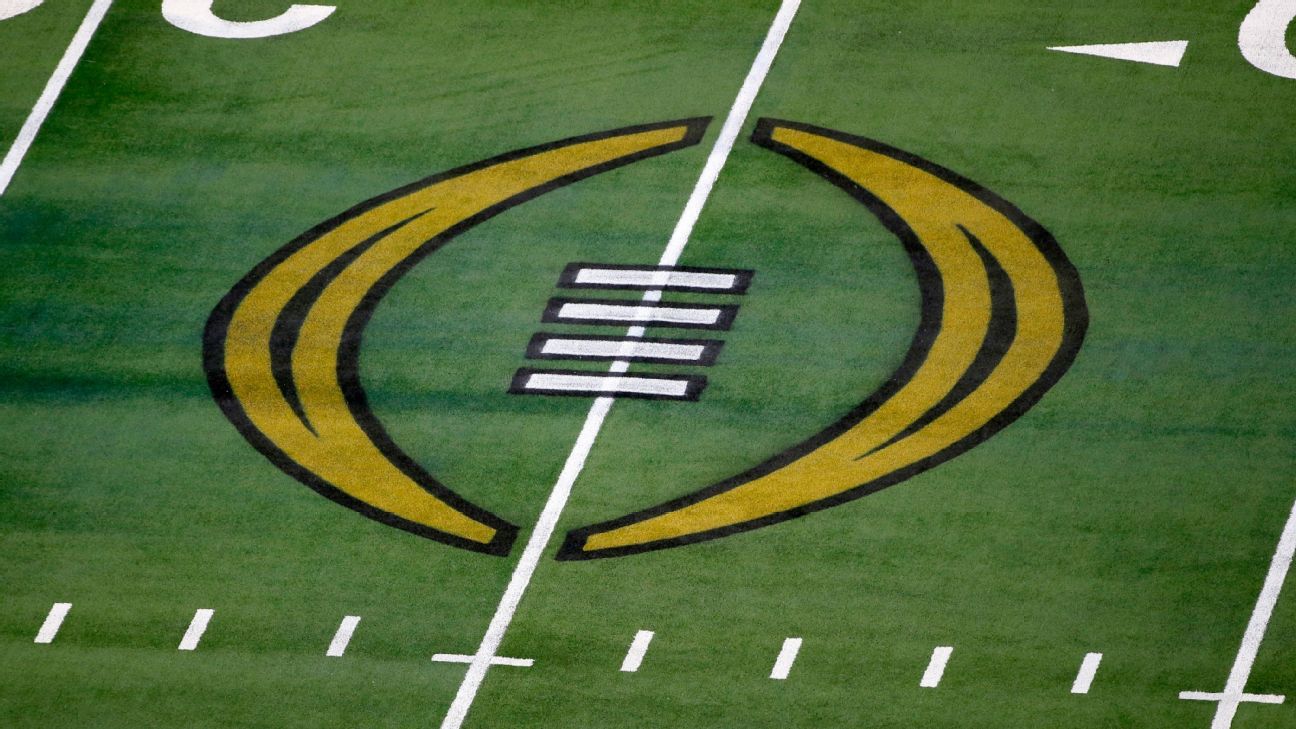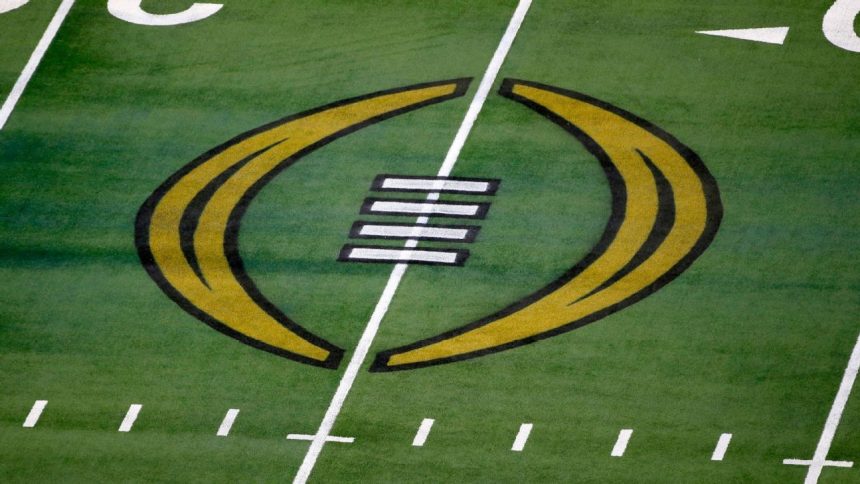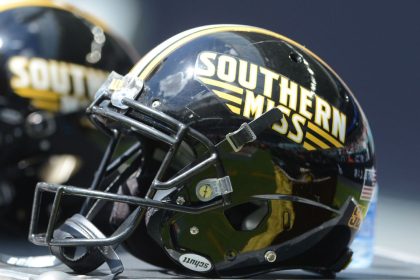
HOUSTON — Executive director Bill Hancock said the College Football Playoff has contacted the FBI in response to threats he said were directed at himself, CFP staff members and selection committee members following this season’s controversial exclusion of undefeated ACC champion Florida State.
Hancock declined to say specifically what the CFP has done to protect committee members and staff but said it has “taken steps” since Selection Day on Dec. 3.
“We’ve stayed ahead of it,” Hancock said following the CFP’s annual meeting prior to Monday night’s CFP National Championship presented by AT&T between No. 1 Michigan and No. 2 Washington. “We’ve been in contact with the FBI just to say, ‘We got this. We got a threat on my house. We want you to know about it and tell us what should we do about it?’ Most of us did.”
After excluding the first undefeated Power 5 champion in the CFP era, Hancock said some committee and staff members received threats at their homes and offices, and all of them received “the disgusting, profanity-laced emails and phone calls.”
“Every NCAA sports committee receives criticism from the teams who were left out,” Hancock said. “I’ve been doing this 35 years. I’ve seen it and I understand those fans, but this one was absolutely over the top and inappropriate. In my 35 years, I’ve never seen anything like this.”
Hancock said he doesn’t think this will deter people from volunteering to join the 13-member committee in the future. The CFP will have to replace seven people who rotate off the group this year.
“This is the most prestigious sports committee in the NCAA structure,” Hancock said. “It’s an honor to be a part of it, and more so it’s an honor to give something back to the game that you love. I get that every time I call a prospective new member — ‘Yes, I love this game and want to give something back to it.'”
Mississippi State president Mark Keenum, who is the chair of the CFP’s board of managers, said he thought the committee got it right. The committee chose No. 1 Michigan, No. 2 Washington, No. 3 Texas and No. 4 Alabama.
Texas and Alabama were both one-loss conference champions ranked ahead of the Seminoles, and both lost in their respective CFP semifinals.
“They don’t have to do this, and they followed their process to a ‘T,’ and I do believe they got it right,” said Keenum, who leads the group of 11 presidents and chancellors who control the CFP. “We have the best four teams in the playoff, and as evidenced tonight, we have the best two teams playing for the national championship.
“Is there disappointment when your team doesn’t make it into the playoff? Absolutely, and I feel for them, but to castigate or criticize or threaten people that were just doing their job, the process and following it, I thought was very unfair.”
While no changes were made on Monday to how the CFP committee selects the top teams, the group did rubber-stamp the FBS commissioners’ decision to require a conference to have eight members in order to compete for a league title and earn an automatic bid in the new 12-team format. The decision mirrors the NCAA bylaw of what constitutes a conference, and was enacted at the CFP level to address Oregon State and Washington State.
“That’s based on an NCAA description,” SEC commissioner Greg Sankey said. “There’s a bit of common sense. I don’t think anybody sits there and says a two-member league constitutes a conference. It’s not about Power 5. That’s a colloquial that implies to the autonomy allocation and observations over time about strength.”
The expanded field, which begins this fall, will reward the highest-ranked conference champions. It is expected eventually to comprise the five highest-ranked league winners and the next seven-highest ranked teams. The board did not vote on the proposed 5+7 model on Monday, though, because the Pac-12 asked for more time while it continues to sort out its legal issues.
Washington State president Kirk Schulz represents the Pac-12 on the CFP board, and only Washington State and Oregon State remain in the conference after sweeping realignment.
“I would be shocked if we do not have a 5-7 format for this coming playoff,” Keenum said. “I just think out of respect for our colleague and the Pac-12, they asked for a bit more time for us to consider it. We as a board thought that was a reasonable request and granted that.”
In November, the commissioners were unanimous in their support for 5+7, but Pac-12 commissioner George Kliavkoff abstained from voting. Oregon State and Washington State have agreed to a one-year scheduling arrangement with the Mountain West Conference that will allow them to compete for the national title in a role similar to an independent like Notre Dame. Those schools cannot compete for a conference title.
“It’s a great partnership,” Mountain West commissioner Gloria Nevarez said. “They needed to retain their independence in order to sort out the Pac-12. We really got two additional games that will bring a really good strength of schedule to our teams.”










